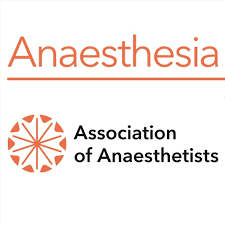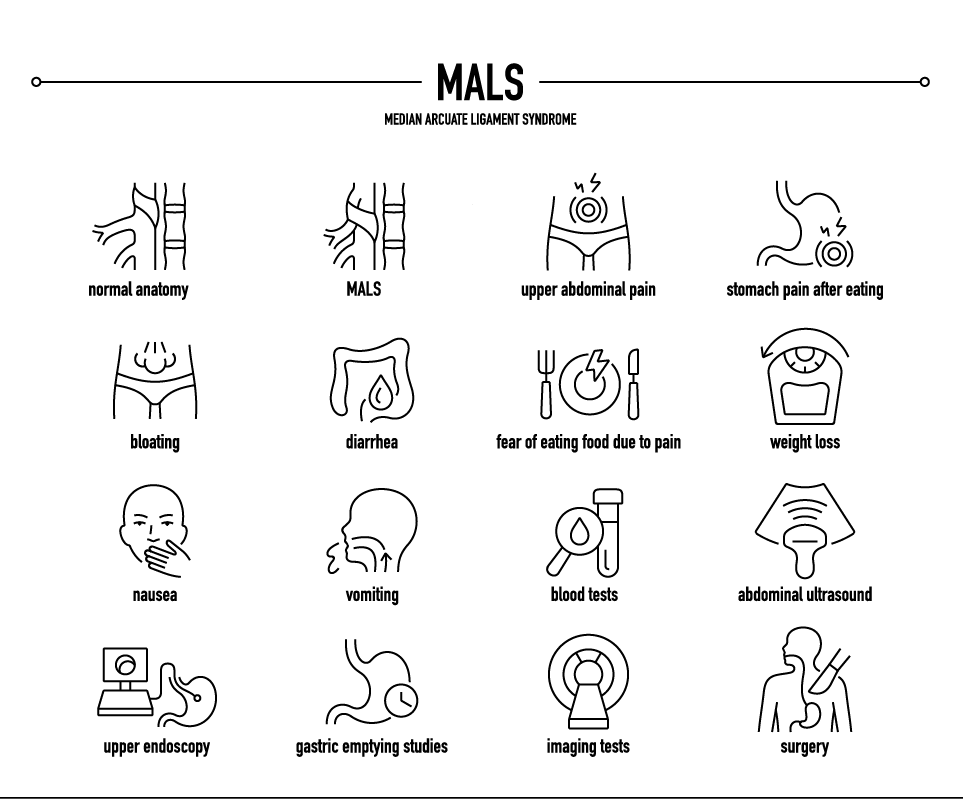 GI Endoscopy
GI Endoscopy
Study explores link between diverticulitis and colorectal cancer

Editor's Note Using data from the Gastrointestinal Quality Improvement Consortium registry, this 2024 study provides new insights into the practice of recommending colonoscopy following diverticulitis episodes to rule out colorectal cancer (CRC), Clinical Gastroenterology and Hepatology April 24 reports. This study, which analyzed over 4.5 million colonoscopies performed in the…
Study: GLP weight loss, diabetes therapies boost GI endoscopy pneumonia risk

Editor's Note Gastrointestinal endoscopy could increase the risk of aspirational pneumonia in patients using GLP-1 receptor agonists (RAs) to manage weight or treat diabetes, according to an April 1 report from MedPage today. Citing research published in the journal Gastroenterology by a team led by Kevin Sheng-Kai Ma, DDS, of…
Forced-air device outperforms standard endoscope drying practices, study shows

Editor's Note Authors of a recent study evaluating the effectiveness of a forced-air drying system for endoscopes argue that the results reinforce the need to re-evaluate standard drying practices. Findings were published February 24 in the American Journal of Infection Control. Wet environments resulting from inadequate drying practices can result…
New gel protects tissue during gastrointestinal surgery

Editor's Note Researchers at MIT have developed a new gel called GastroShield to help prevent gastrointestinal bleeding during and after surgery performed during colonoscopy screenings. Advanced Materials published the findings on February 29. Colonoscopy screenings—undergone by some 20 million Americans each year—often result in doctors finding and removing polyps. These…
Study: Postop emergency appendectomy complications more likely for Black children

Editor's Note In a recent study, black children undergoing emergency appendectomy had a four times greater risk of postoperative complications than white children, independent of socioeconomic status or type of appendicitis. Anaesthesia, the journal of the Association of Anaesthetists, published the findings February 22. Researchers note that this is the…
Study: Early postoperative endoscopy safe, effective for esophageal cancer patients

Editor's Note Using early postoperative endoscopy to detect anastomotic leakage after minimally invasive esophagectomy does not increase postoperative adverse events, according to a study published February 10 in the journal Surgery. Anastomotic leakage is one of the most severe adverse events of minimally invasive esophagectomy for esophageal cancer. Often deadly,…
Colonoscopy fees higher for hospitals than ASCs, study finds
Editor’s Note US hospitals charge approximately 55% higher average fees than ambulatory surgical centers (ASCs) for colonoscopies covered by private health insurance. The findings, from the Johns Hopkins Bloomberg School of Public Health, appeared as a research letter in JAMA Health Forum on December 15. The analysis is one of…
Study: Surgeon communication with patients on innovative procedures
Editor's Note This study from the UK finds that patients are not given sufficient information about innovative surgical procedures and their potential risks and uncertainties. Researchers collected data on seven cases, using preoperative interviews with surgeons, audio-recorded consultations during which innovative procedures were discussed between surgeons and patients, and postoperative…
Managing MALS during surgery means addressing chronic pain

Median Arcuate Ligament Syndrome (MALS) presents a challenge to anesthesiologists and surgeons alike in the OR. Clinicians often do not know how to identify and treat this condition, and it can go undetected for years. “I think the reason many anesthesiologists, even pain specialists, aren’t well versed or aware of MALS…
Automatic surgical skill assessment using AI
Editor's Note This Japanese study finds that an automatic surgical skill assessment with artificial intelligence (AI) is more objective than a manual video review-based skill assessment, and it can reduce the time consuming and labor intensive human burden of manual review.. A total of 120 intraoperative videos of laparoscopic colorectal…

 Free Daily News
Free Daily News